Home>diy>Planning & Engineering>Which Government Agency Establishes Zoning Codes For Buildings
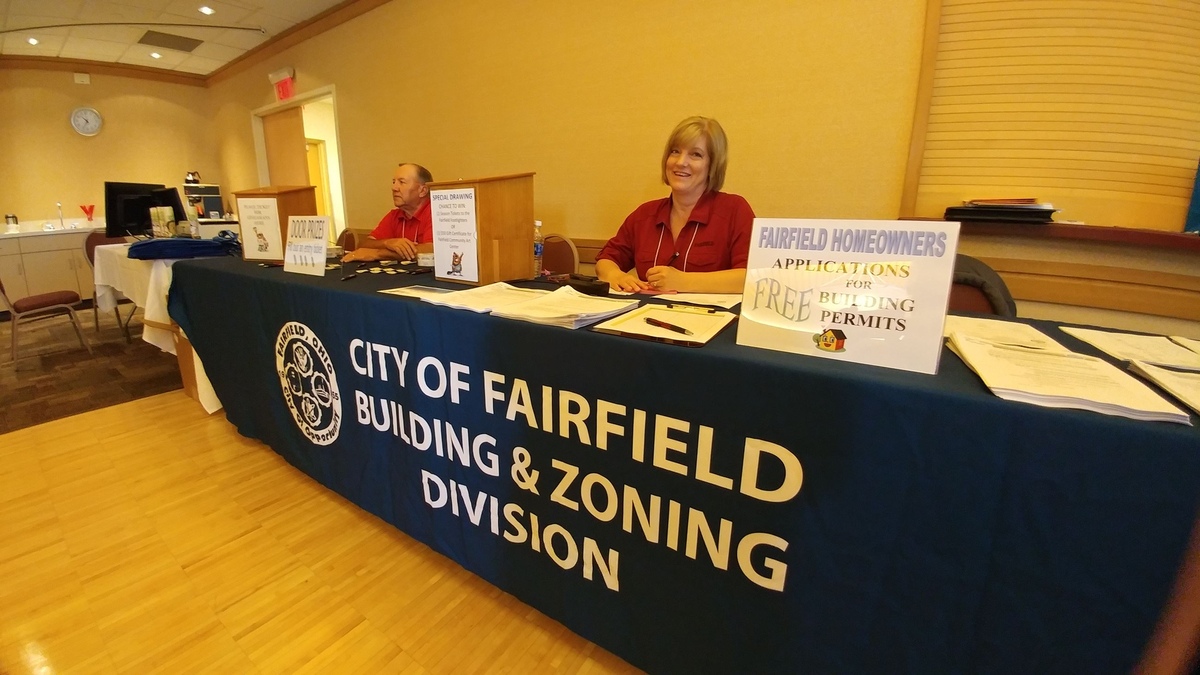

Planning & Engineering
Which Government Agency Establishes Zoning Codes For Buildings
Modified: October 20, 2024
Planning-engineering: Learn about the government agency responsible for establishing zoning codes for buildings, ensuring orderly development and architectural standards.
(Many of the links in this article redirect to a specific reviewed product. Your purchase of these products through affiliate links helps to generate commission for Storables.com, at no extra cost. Learn more)
Introduction
Welcome to the world of zoning codes for buildings! If you’ve ever wondered about the rules and regulations that govern the development and use of land, then you’re in the right place. In this article, we will explore the fascinating world of zoning codes, specifically focusing on the government agencies responsible for their establishment.
Zoning codes play a crucial role in urban planning and development. They are a set of regulations that designate how land and buildings can be used within a particular area. These codes help maintain the balance between different types of land uses, such as residential, commercial, and industrial, in order to create safe, functional, and visually appealing communities.
The establishment of zoning codes for buildings is the result of careful planning and collaboration between various government agencies. These agencies work together to ensure that the development of land aligns with the vision and goals of the community.
In the following sections, we will delve into the intricacies of zoning codes for buildings, exploring the role of government agencies, the factors considered in their establishment, as well as the benefits they offer to both developers and the general public. We will also touch upon the challenges that can arise in the implementation of zoning codes and highlight a case study to provide a tangible example of how these codes are put into practice.
So, whether you are a developer, a homeowner, or simply someone curious about the urban planning process, this article will shed light on the fascinating world of zoning codes for buildings and the government agencies that establish them. Let’s dive in!
Key Takeaways:
- Zoning codes, established by government agencies, shape communities by balancing land use, preserving character, and promoting safety and sustainability. Understanding these codes is crucial for developers and residents alike.
- Effective zoning code establishment involves public engagement, collaboration, and adaptability. Case studies, like that of [Specific Government Agency], provide insights into successful approaches, ensuring vibrant and sustainable communities.
Understanding Zoning Codes
Zoning codes are a crucial part of urban planning and development. They are a set of regulations and guidelines that dictate how land and buildings can be used within a specific area. Zoning codes classify land into different zones or districts, each with its own set of permitted uses, building restrictions, and development standards.
The primary purpose of zoning codes is to ensure the proper and harmonious development of communities. By establishing different zones for residential, commercial, industrial, and other types of land uses, zoning codes help to organize and control the growth and development of cities and towns.
There are typically several types of zones found in zoning codes, such as:
- Residential Zones: These zones are designated for housing, including single-family homes, apartments, and townhouses. Within residential zones, there may be further subcategories based on density or specific housing types.
- Commercial Zones: These zones are designated for commercial activities, such as retail stores, offices, restaurants, and hotels. They are usually located in areas with access to major roads and transportation.
- Industrial Zones: These zones are designated for industrial and manufacturing activities. They may include factories, warehouses, and other facilities that support industrial processes.
- Mixed-Use Zones: These zones allow for a combination of different land uses, such as residential and commercial, to coexist within the same area.
Zoning codes also include provisions for setbacks, height restrictions, parking requirements, and other development standards to ensure that the built environment is compatible with its surrounding context and adheres to safety and aesthetic considerations.
It’s important to note that zoning codes can vary significantly between different cities, regions, and countries. They are typically influenced by local demographics, economic conditions, and long-term urban planning strategies. Therefore, it’s essential to consult the specific zoning codes and regulations of the area where you are seeking to develop or use land.
Now that we have a general understanding of zoning codes, let’s explore the roles of government agencies in establishing these codes for buildings in the next section.
Role of Government Agencies in Establishing Zoning Codes for Buildings
Government agencies play a critical role in establishing zoning codes for buildings. These agencies are responsible for creating and implementing regulations that govern land use and development within their respective jurisdictions. Their primary objective is to ensure the orderly and sustainable growth of communities while balancing the needs of various stakeholders.
Here are some key roles that government agencies undertake in the establishment of zoning codes:
- Urban Planning and Policy Development: Government agencies are responsible for long-term urban planning and policy development. They assess the needs and aspirations of the community and develop zoning codes that align with the overall vision and goals of the area. This includes determining the appropriate mix of land uses, setting development standards, and outlining guidelines for building heights, setbacks, and other requirements.
- Zoning District Classification: Government agencies divide land into different zoning districts. These districts are based on factors such as land use compatibility, infrastructure availability, and the desired character of specific areas. The agency determines zoning boundaries and assigns appropriate regulations and permitted uses to each district. This classification helps guide the future development and use of land in a coherent and organized manner.
- Public Engagement: Government agencies engage with the public throughout the zoning code establishment process. They conduct public hearings, workshops, and consultations to gather feedback from stakeholders, including residents, property developers, and business owners. This engagement ensures that the zoning codes reflect the interests and concerns of the community and fosters a sense of ownership and inclusivity in the planning process.
- Coordination with Other Agencies: Government agencies collaborate with various departments and entities involved in land use and building regulations. This includes working closely with transportation departments, environmental agencies, and utility providers to ensure that zoning codes are aligned with infrastructure requirements and environmental considerations. Coordination between different agencies promotes efficient and sustainable development practices.
- Code Enforcement: Once zoning codes are established, government agencies are responsible for enforcing compliance. They oversee building permits, conduct inspections, and address any violations or non-compliance with the established regulations. By enforcing zoning codes, government agencies ensure that development proceeds in adherence to the approved plans and maintains the integrity of the zoning designations.
It is important to note that government agencies collaborate with professionals, including urban planners, architects, and lawyers, to develop zoning codes that are legally sound, practical, and forward-thinking. These collaborations help leverage expertise and ensure that the zoning codes are effective in achieving their intended goals.
In the next section, we will explore the factors considered by government agencies when establishing zoning codes for buildings.
Factors Considered in Establishing Zoning Codes
When government agencies establish zoning codes for buildings, they take into account a variety of factors to ensure that the codes are effective, balanced, and responsive to the needs of the community. These factors help shape the regulations and guidelines that dictate land use and development. Here are some key considerations:
- Land Use Compatibility: Government agencies assess the compatibility of different land uses to create harmonious and functional communities. They consider the impact of various land uses on surrounding areas and strive to prevent conflicts between activities. For example, residential areas might be buffered from industrial zones to minimize noise and pollution concerns.
- Infrastructure and Services: The availability and capacity of infrastructure, such as roads, utilities, and public services, are crucial considerations in zoning code establishment. Government agencies ensure that zoning codes align with the existing infrastructure or create provisions for future infrastructure needs to support the intended land uses. This helps avoid overburdening the infrastructure and promotes efficient service delivery.
- Environmental Considerations: Protecting the environment and natural resources is a key factor in zoning code development. Government agencies consider factors such as environmentally sensitive areas, water sources, and wildlife habitats when establishing zoning codes. They incorporate regulations and guidelines that aim to minimize the impact of development on the environment, promote sustainability, and preserve natural features.
- Economic Development and Growth: Zoning codes play a crucial role in supporting economic development. Government agencies consider the economic goals of the community when establishing zoning codes. They incorporate provisions that encourage business growth, innovation, and job creation in designated commercial and industrial zones. Additionally, they may incorporate incentives or requirements for affordable housing to address housing needs and support inclusive growth.
- Community Input and Social Considerations: Government agencies actively engage with the community to gather input and consider social factors when establishing zoning codes. They seek feedback from residents, businesses, community organizations, and other stakeholders to ensure that the codes are reflective of community values, address social equity concerns, and enhance the quality of life for all residents.
- Long-Term Planning Strategies: Zoning codes are typically developed with long-term goals in mind. Government agencies consider the long-term vision and planning strategies for the community, such as urban growth boundaries, transit-oriented development, or revitalization plans. Zoning codes align with these strategies to promote sustainable growth, efficient land use, and a balanced distribution of amenities and services.
These factors are not exhaustive, and different government agencies may prioritize certain considerations based on the unique needs of their jurisdiction. It is important for zoning codes to strike a balance among these factors to create vibrant, inclusive, and sustainable communities.
In the next section, we will explore the benefits of zoning codes for buildings and how they positively impact the development process.
The government agency responsible for establishing zoning codes for buildings is typically the local planning or zoning department. It’s important to check with your specific city or county government to understand the regulations that apply to your property.
Benefits of Zoning Codes for Buildings
Zoning codes for buildings offer numerous benefits to both developers and the general public. These regulations provide a framework that guides the development and use of land, ensuring orderly growth, and creating communities that are safe, functional, and aesthetically pleasing. Let’s explore some key benefits of zoning codes:
- Preserving Community Character: Zoning codes help preserve the unique character and identity of different neighborhoods and communities. By designating specific areas for residential, commercial, and industrial purposes, zoning codes prevent incompatible land uses from encroaching upon one another. This ensures that communities retain their distinct features and that residents can live in areas that match their desired lifestyle.
- Enhancing Property Values: Zoning codes can positively impact property values. By establishing compatible land uses and design standards, zoning codes promote well-planned and visually appealing communities. This can increase property values and create a more desirable living and working environment for residents and businesses alike.
- Managing Growth and Development: Zoning codes guide the pace and scale of growth within communities. By designating areas for different land uses and setting density and height restrictions, zoning codes help manage population growth while maintaining the desired character of neighborhoods. This ensures that infrastructure and public services can adequately support the population without becoming overwhelmed.
- Ensuring Public Health and Safety: Zoning codes incorporate regulations that promote public health and safety. They establish setback requirements, parking standards, and other building-related guidelines that ensure adequate space, access, and safety for occupants and visitors. For example, they may regulate the distance between industrial facilities and residential areas to protect residents from potential health hazards.
- Encouraging Efficient Land Use: Zoning codes promote efficient land use by encouraging mixed-use developments and reducing sprawl. By incorporating provisions for mixed-use zones, where residential, commercial, and entertainment activities coexist, zoning codes minimize the need for long commutes and promote walkability. This leads to more sustainable and vibrant communities, where residents can live, work, and play in proximity.
- Fostering Economic Development: Zoning codes can stimulate economic development by providing clarity and certainty for investors and businesses. By designating specific areas for commercial and industrial activities, zoning codes create business-friendly environments that attract investment and job opportunities. They also ensure that businesses are located in appropriate areas, minimizing potential conflicts with residential areas.
- Promoting Environmental Sustainability: Zoning codes incorporate environmental considerations, such as green space requirements, stormwater management, and energy efficiency standards. By integrating sustainable practices into development requirements, zoning codes promote environmental stewardship, reduce the ecological impact of buildings and infrastructure, and contribute to overall sustainability goals.
These benefits demonstrate how zoning codes enhance the quality of life for residents and support responsible and sustainable development. By establishing clear guidelines and regulations, zoning codes provide a sense of predictability and structure to the development process, benefiting both developers and the wider community.
In the next section, we will discuss the challenges that can arise in the implementation of zoning codes.
Read more: Which Is The Best Example Of Zoning?
Challenges in Implementing Zoning Codes
While zoning codes play a vital role in regulating land use and guiding development, there can be challenges in their implementation. These challenges arise due to various factors, including changing community needs, conflicting interests, and evolving urban environments. Here are some common challenges faced in implementing zoning codes:
- Resistance to Change: Implementing new zoning codes or updating existing ones can face resistance from stakeholders who may be hesitant to adapt to changes. Property owners, developers, and community members may have different perspectives and interests, leading to disagreements and delays in the implementation process.
- Outdated Codes: Zoning codes need to be regularly updated to keep pace with changing community needs, market dynamics, and urban development trends. Outdated zoning codes may not adequately address current challenges and may hinder innovation and responsive development.
- Enforcement and Compliance: Ensuring compliance with zoning codes can be challenging. Government agencies responsible for enforcement may struggle with limited resources and capacity to monitor and enforce the regulations effectively. Non-compliance with zoning codes can result in violations, fines, and legal disputes.
- Flexibility versus Rigidity: Striking the right balance between providing flexibility for development and maintaining the integrity of zoning regulations can be challenging. Zoning codes need to be adaptable enough to accommodate changing needs, yet ensure that development aligns with the overarching goals and vision of the community.
- Inclusivity and Equity: Zoning codes should aim to promote inclusivity and address social equity concerns. However, achieving a balance between different socioeconomic interests can be challenging. There may be issues of gentrification, housing affordability, and access to amenities that need to be considered in the implementation of zoning codes.
- Public Participation: Effective public participation is crucial in the development and implementation of zoning codes. However, engaging the community and ensuring diverse perspectives can be challenging. Barriers such as lack of awareness, time constraints, and language barriers can limit meaningful participation, resulting in zoning codes that may not fully reflect community needs and aspirations.
- Coordination with Other Agencies: Zoning codes often intersect with other regulatory frameworks, such as building codes, environmental regulations, and transportation planning. Achieving seamless coordination with multiple agencies can be complex and may require additional efforts to align policies and streamline decision-making processes.
Addressing these challenges requires ongoing communication, collaboration, and adaptive management. Governments and communities must work together to ensure that zoning codes are responsive, equitable, and transparent.
In the next section, we will delve into a case study to illustrate how a specific government agency establishes zoning codes for buildings.
Case Study: Zoning Code Establishment by [Specific Government Agency]
In this case study, we will explore the zoning code establishment process undertaken by [Specific Government Agency]. [Specific Government Agency] is a prominent government entity responsible for urban planning and development in [City/Region]. Let’s take a closer look at their approach to establishing zoning codes for buildings.
[Specific Government Agency] recognizes the importance of zoning codes in creating balanced and sustainable communities. They begin the process by conducting in-depth research and analysis of the local context, including demographics, economic conditions, and future growth projections. This research provides the agency with a comprehensive understanding of the community’s needs and helps guide decision-making in zoning code establishment.
Next, [Specific Government Agency] engages in extensive public outreach initiatives. They conduct public hearings, workshops, and surveys to gather input from residents, businesses, and other stakeholders. This inclusive approach ensures that the zoning codes reflect the aspirations and concerns of the community. It also fosters a sense of ownership and transparency throughout the process.
Throughout the establishment of zoning codes, [Specific Government Agency] collaborates with various departments and agencies. They work closely with transportation departments to assess infrastructure needs and ensure that zoning codes align with transportation plans. Environmental agencies are consulted to integrate sustainability practices and protect natural resources. This collaboration ensures a holistic approach to zoning code development and promotes coordination between different facets of urban planning.
The zoning codes established by [Specific Government Agency] aim to strike a balance between preserving community character and promoting economic development. They designate specific areas for residential, commercial, and industrial uses, fostering a mix of land uses that promote vibrant and livable neighborhoods. There are provisions for green spaces, affordable housing, and innovative architectural design to create visually appealing and inclusive communities.
[Specific Government Agency] also recognizes the importance of flexibility in zoning codes. They regularly review and update the codes to adapt to changing needs and market dynamics. This flexibility allows for responsive development while maintaining the integrity and vision of the community.
Effective enforcement and compliance are paramount in ensuring successful implementation of zoning codes. [Specific Government Agency] prioritizes resources for the enforcement of zoning regulations and provides clear guidelines to property owners and developers. This proactive approach minimizes violations and ensures that development proceeds in adherence to the established zoning codes.
The establishment of zoning codes by [Specific Government Agency] has resulted in numerous positive outcomes. It has promoted sustainable and balanced development, preserved community character, and enhanced property values. The inclusive approach to public engagement has fostered a sense of ownership and community pride. The zoning codes have also played a vital role in attracting investment, creating job opportunities, and fostering a high quality of life for residents and businesses within the jurisdiction of [Specific Government Agency].
Overall, the zoning code establishment process undertaken by [Specific Government Agency] serves as an exemplar for other communities and government agencies. It demonstrates the importance of thorough research, public participation, collaboration, and adaptability in creating effective and impactful zoning codes.
In the concluding section, we will summarize the key points discussed and highlight the significance of zoning codes for buildings.
Conclusion
Zoning codes for buildings are vital in shaping the development and use of land within communities. Government agencies play a crucial role in establishing these codes, ensuring that they align with the aspirations and needs of the community. Throughout the zoning code establishment process, agencies engage in research, public participation, and collaboration to create regulations that promote balanced and sustainable development.
Understanding zoning codes is important for developers, property owners, and residents alike. These codes classify land into different zones and establish regulations, setbacks, and development standards to create safe and functional communities. Zoning codes preserve community character, enhance property values, manage growth and development, ensure public health and safety, and promote economic and environmental sustainability.
However, the implementation of zoning codes can face challenges. Resistance to change, outdated codes, enforcement and compliance issues, flexibility versus rigidity, inclusivity and equity concerns, public participation barriers, and coordination with other agencies are among the challenges that need to be overcome for successful implementation of zoning codes.
Case studies, such as the one of [Specific Government Agency], provide insights into effective approaches to zoning code establishment. Including public outreach, collaboration with other agencies, flexibility in regulations, and proactive enforcement measures contribute to the success of zoning codes and their positive impact on communities.
In conclusion, zoning codes are essential tools in urban planning and development. They provide a framework for orderly growth, balance the needs of different stakeholders, and create communities that are aesthetically pleasing, economically vibrant, and environmentally sustainable. By working collaboratively and considering various factors, government agencies establish zoning codes that guide and shape the built environment to create livable and thriving communities.
Whether you are a developer, a homeowner, or simply someone interested in urban planning, understanding zoning codes is crucial in navigating building regulations and contributing to the development of vibrant and sustainable communities.
Frequently Asked Questions about Which Government Agency Establishes Zoning Codes For Buildings
Was this page helpful?
At Storables.com, we guarantee accurate and reliable information. Our content, validated by Expert Board Contributors, is crafted following stringent Editorial Policies. We're committed to providing you with well-researched, expert-backed insights for all your informational needs.
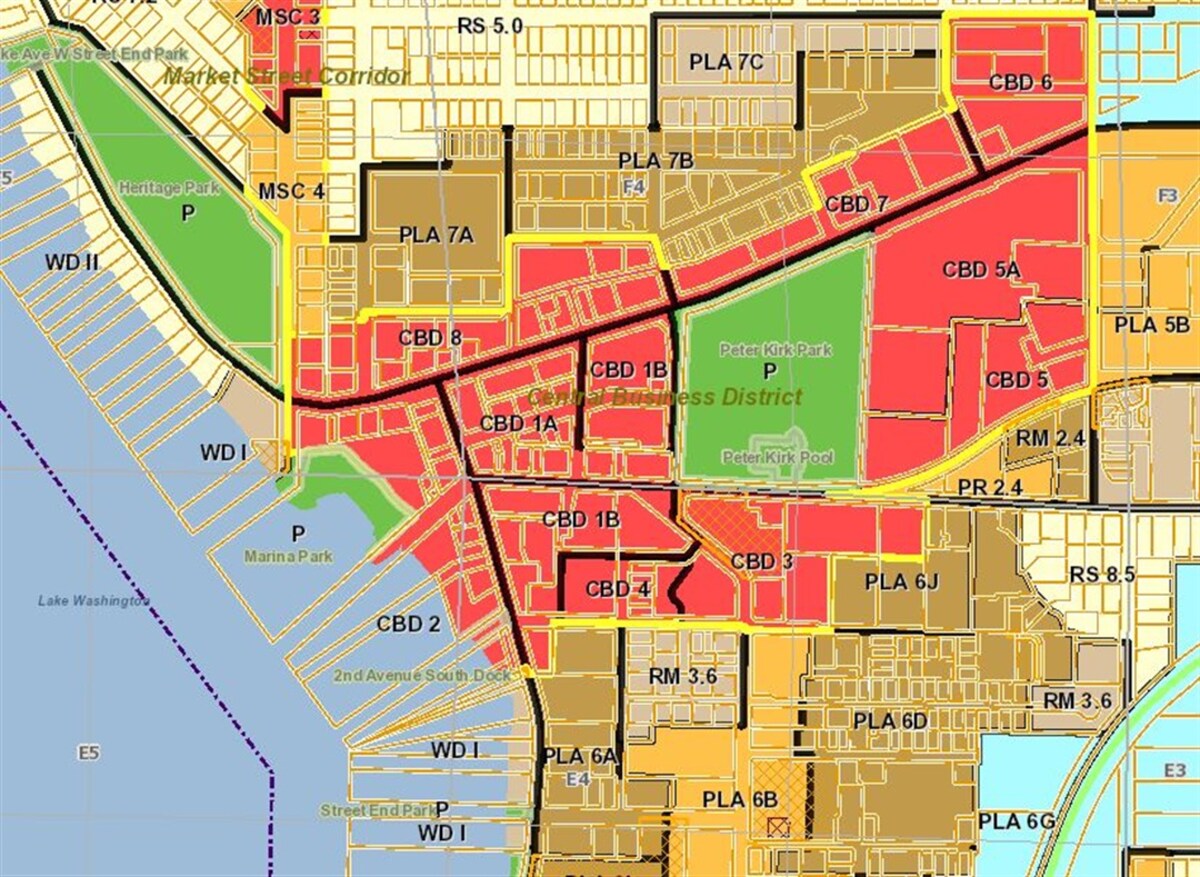



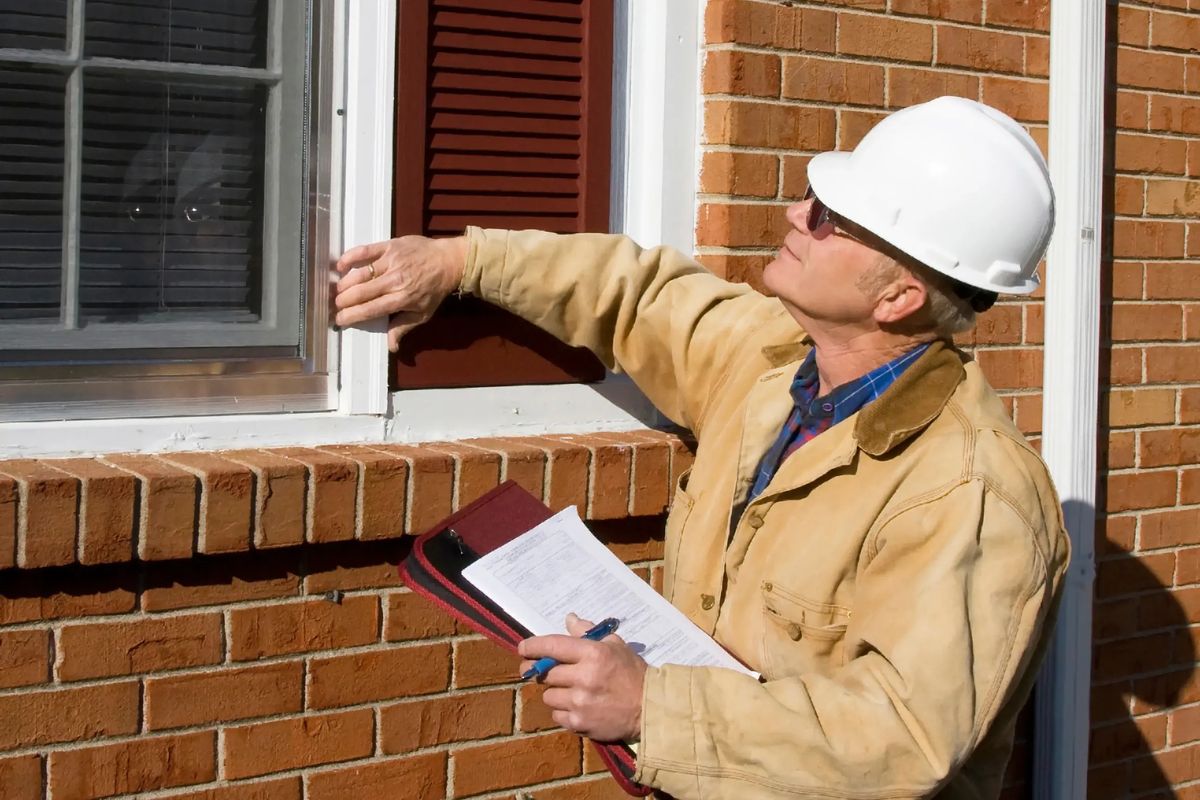

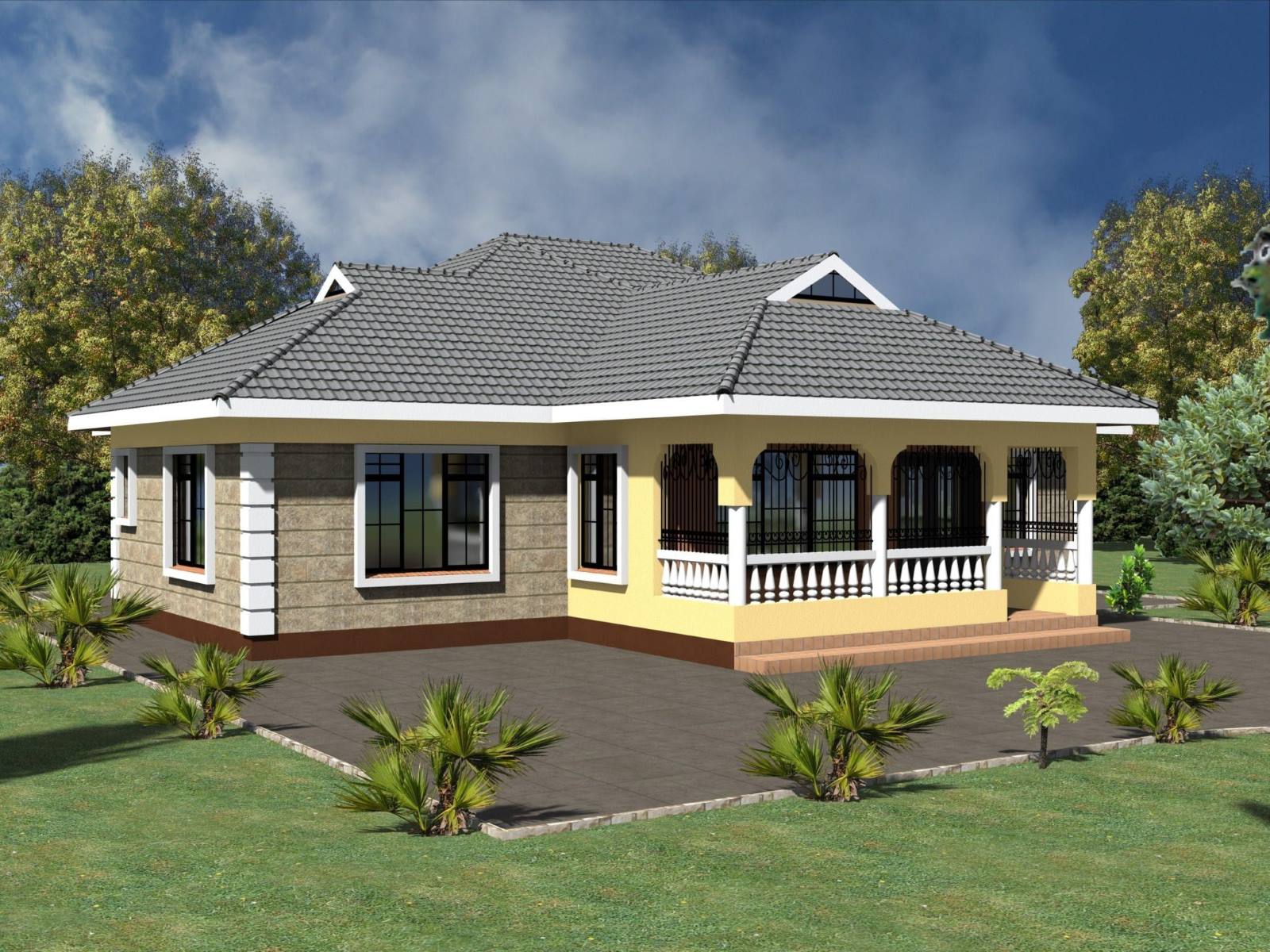

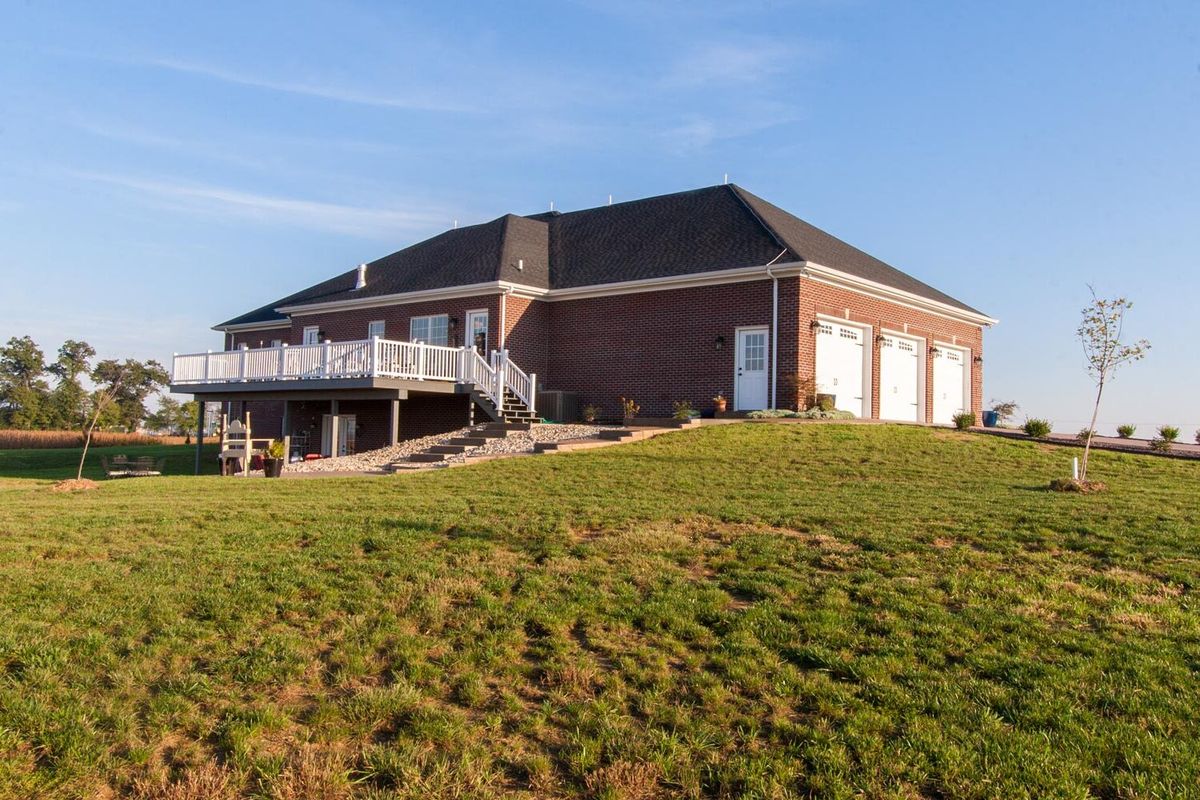






0 thoughts on “Which Government Agency Establishes Zoning Codes For Buildings”